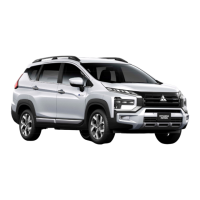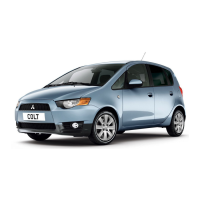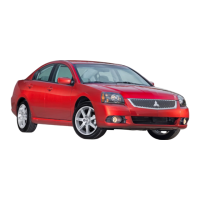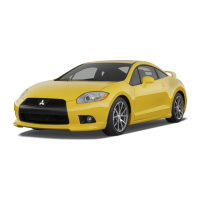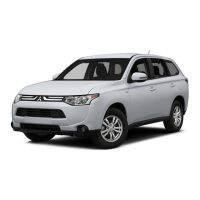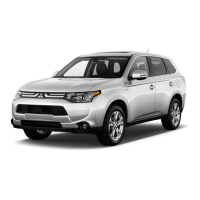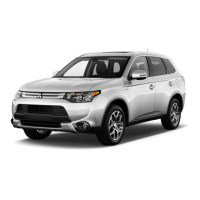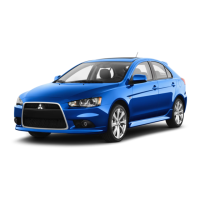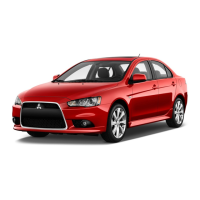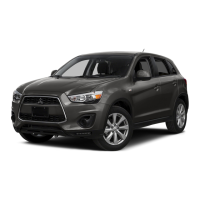Supplemental restraint system (SRS) - airbag
4-24 Seat and seat belts
4
important points concerning the driver’s and
front passenger’s airbags.
The SRS airbags are designed to supplement
the primary protection of the driver and front
passenger side seat belt systems by providing
those occupants with protection against head
and chest injuries in certain moderate-to-
severe frontal collisions.
The SRS is NOT a substitute for the seat
belts; for maximum protection in all types of
crashes and accidents, seat belts should
ALWAYS be worn by everyone who drives
or rides in this vehicle.
E00407303893
The SRS includes the following components:
Only when the operation mode of the power
switch is in ON, the airbags will operate.
The airbags deployment produces a sudden,
loud noise, and releases some smoke and
powder, but these conditions are not injuri-
ous, and do not indicate a fire in the vehicle.
People with respiratory problems may feel
some temporary irritation from chemicals
used to produce the deployment; open the
windows after airbag deployment, if safe to
do so.
The airbags deflate very rapidly after deploy-
ment, so there is little danger of obscured
vision.
How the supplemental restraint
system works
1- Airbag module (Driver)
2- Airbag module (Passenger)
Airbags inflate at an extremely rapid speed.
In certain situations, contact with inflating
airbags can result in abrasions, light cuts,
bruises, and the like.
IT IS VERY IMPORTANT TO BE
PROPERLY SEATED.
A driver or front passenger too close to
the steering wheel or instrument panel
during airbag deployment can be killed or
seriously injured.
Airbags inflate very fast, and with great
force.
If the driver and front passenger are not
properly seated and restrained, the air-
bags may not protect you properly, and
could cause serious or fatal injuries when
it inflates.
Do not sit on the edge of the seat or lean
head or chest close to the steering wheel or
instrument panel. Do not put feet or legs
on or against the instrument panel.
Place all infants and small children in the
rear seat and properly restrained using an
appropriate child restraint system.
The rear seat is the safest for infants and
children.
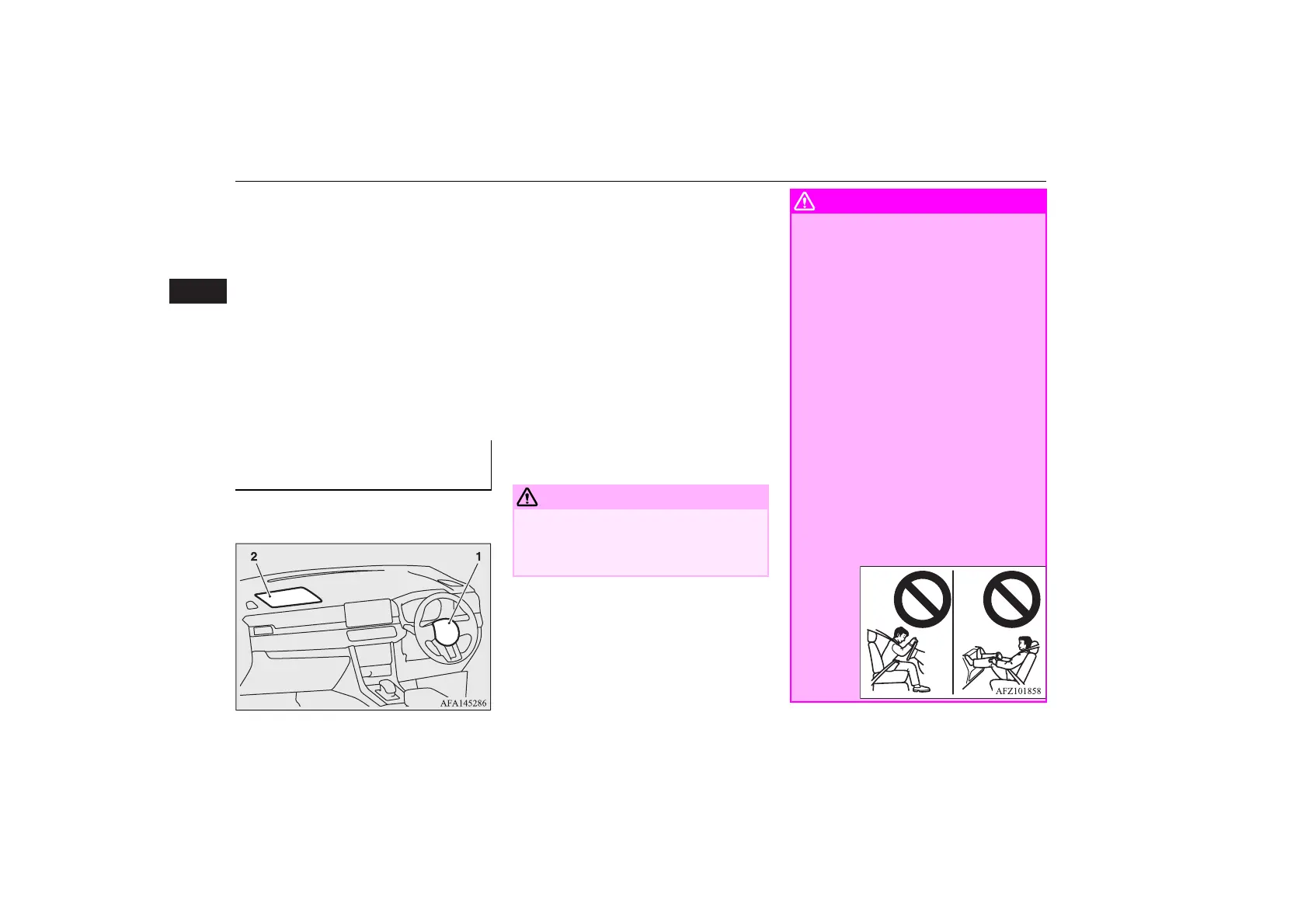